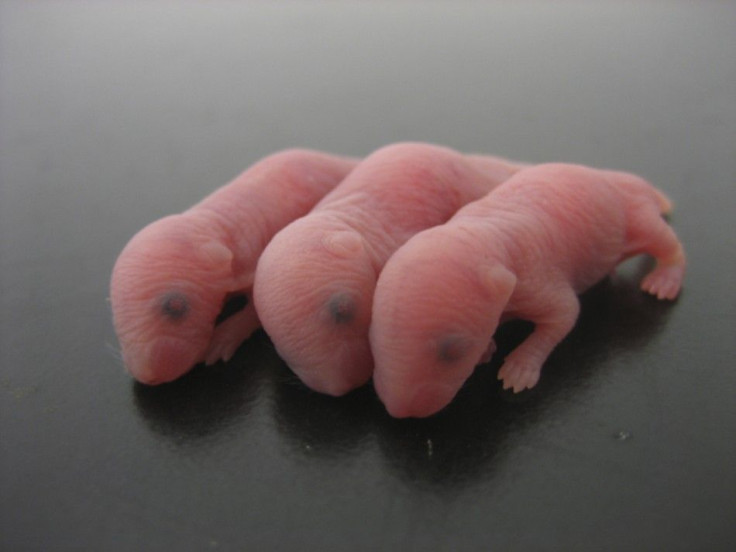Experts grow mouse sperm to help with human infertility

Researchers in Japan used embryonic stem cells to grow healthy mouse sperm on laboratory dishes, a development which could help treat human infertility, they said Friday.
The finding, published in the journal Cell, marks a step forward for using stem cells for regenerative medicine.
Stem cells are the body's master cells and source of all cells and tissues. Because they can grow into different types of cells and multiply, experts hope to harness them to treat diseases and disorders, including cancer and diabetes.
Scientists at Kyoto University removed stem cells from mouse embryos and managed to coax them into a type of precursor cell known to grow into either mouse eggs or sperm.
They then transplanted these cells into the testes of infertile male mice -- which apparently went on to produce healthy sperm.
"The sperm were removed directly from the testes and fertilized with eggs (on laboratory dishes)," said lead author Mitinori Saitou, a professor at Kyoto University's department of anatomy and cell biology.
"After insemination, we made two set of embryos and these were transferred into the uterus of the foster mother and they derived healthy mice (that went on to reproduce normally)."
POSSIBLE TO GROW HUMAN SPERM
The experiment showed scientists how they can prepare precursor cells to eventually grow into sperm or egg.
"We have huge materials to work with now and ... we can accelerate our study into the cause of human infertility," Saitou told Reuters by telephone.
Saitou's team believes it may be possible to use adult human stem cells to grow human sperm.
"We can possibly use this knowledge to induce human primordial germ cells (cells that grow into eggs or sperm)," he said.
More work was needed, he said, because of the gulf between animal and human research.
For the moment, the team was trying to repeat their feat by producing mouse eggs using stem cells, he said.
© Copyright Thomson Reuters {{Year}}. All rights reserved.



















